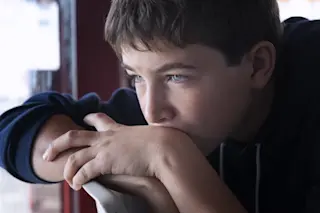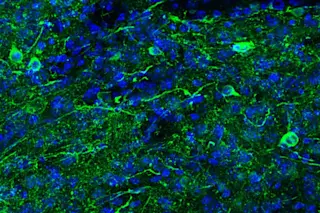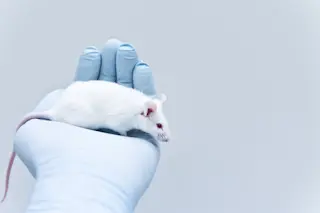The above figure is from a paper I stumbled upon, Genetic and environmental influences on impulsivity: a meta-analysis of twin, family and adoption studies:
A meta-analysis of twin, family and adoption studies was conducted to estimate the magnitude of genetic and environmental influences on impulsivity. The best fitting model for 41 key studies (58 independent samples from 14 month old infants to adults; N=27,147) included equal proportions of variance due to genetic (0.50) and non-shared environmental (0.50) influences, with genetic effects being both additive (0.38) and non-additive (0.12). Shared environmental effects were unimportant in explaining individual differences in impulsivity. Age, sex, and study design (twin vs. adoption) were all significant moderators of the magnitude of genetic and environmental influences on impulsivity. The relative contribution of genetic effects (broad sense heritability) and unique environmental effects were also found to be important throughout development from childhood to adulthood. Total genetic effects were ...













